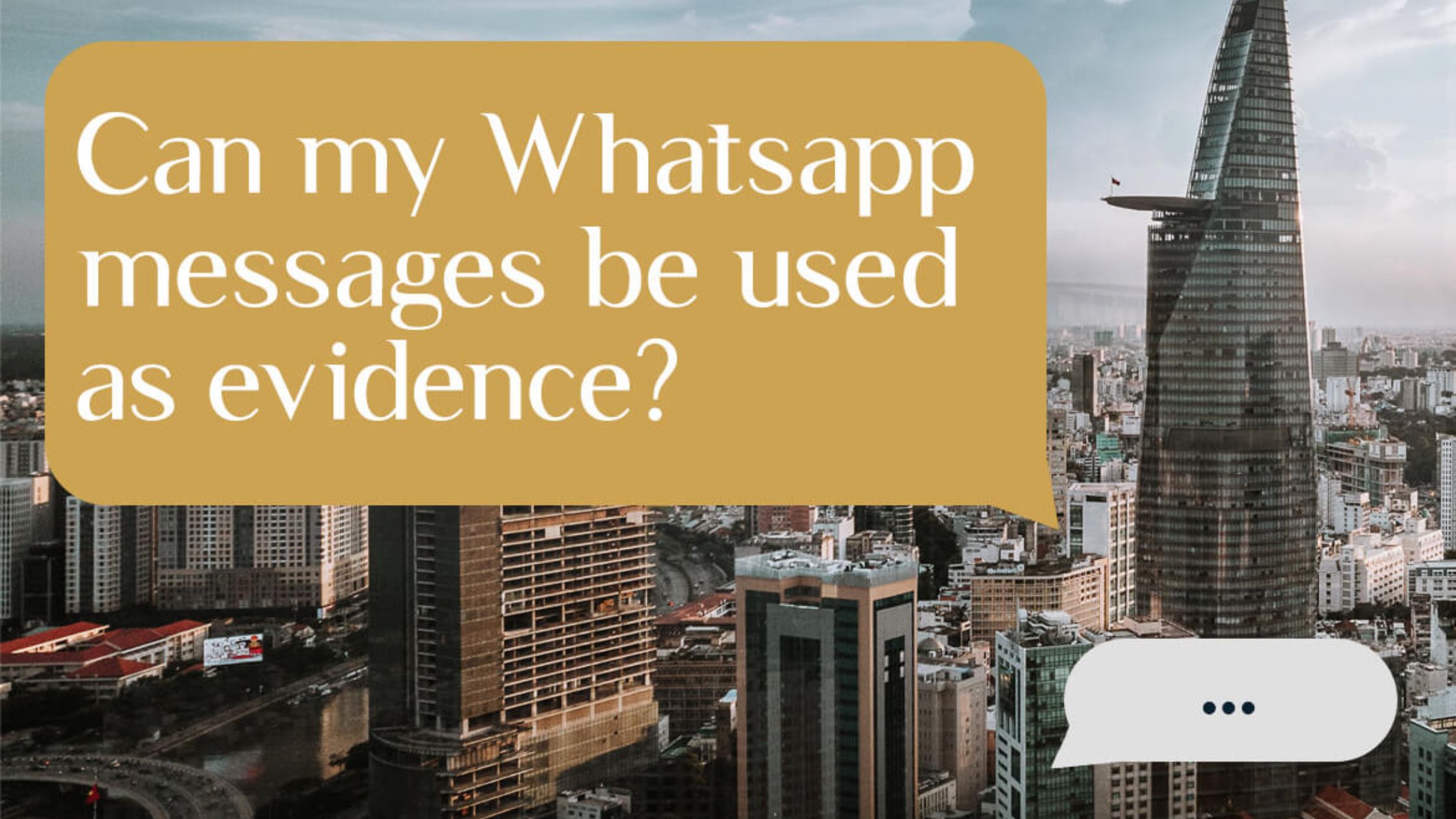December 26, 2022
With so much of our lives online, what do we do when things go awry? Do our verbal agreements over messaging platforms like whatsapp count? Generally speaking, electronic evidence is less conclusive than traditional evidence (mainly paper documents). It is more difficult to prove the integrity of electronic evidence and more challenging to document enough evidence electronically to tell the full story. Electronic devices are fast replacing ‘paper documents’ in commercial transactions all over the world (including Vietnam) Emails, video calls and messaging apps are increasingly being utilized by enterprises for information exchange, contract execution and implementation. What are some clear advantages of electronic transactions? Efficient Convenient Cost-effective What are the hidden risks? Generally, electronic evidence is less conclusive compared to traditional evidence. When things go awry, the identities of the sender and recipient, the time of sending, the receipt of goods or documents, and the authority to sign become sources of endless contention. How electronic evidence fair against transition evidence Electronic evidence Traditional evidence Can be structurally distorted when stored in computer or transmission lines. Difficult to be structurally changed. Can be modified without any trace. Changes are easier to detect. Hard to identify as it is stored digitally and encrypted. Easy to identify by viewing. Simple to duplicate Hard to duplicate. Quality of evidence depends on the quality of the technology Quality of evidence depends on its physical condition. These “hidden risks” may prove to be extremely costly to the business. Tips to manage risks in a modern world During the execution, performance and termination of a commercial contract, use electronic mails as the primary form of... 










